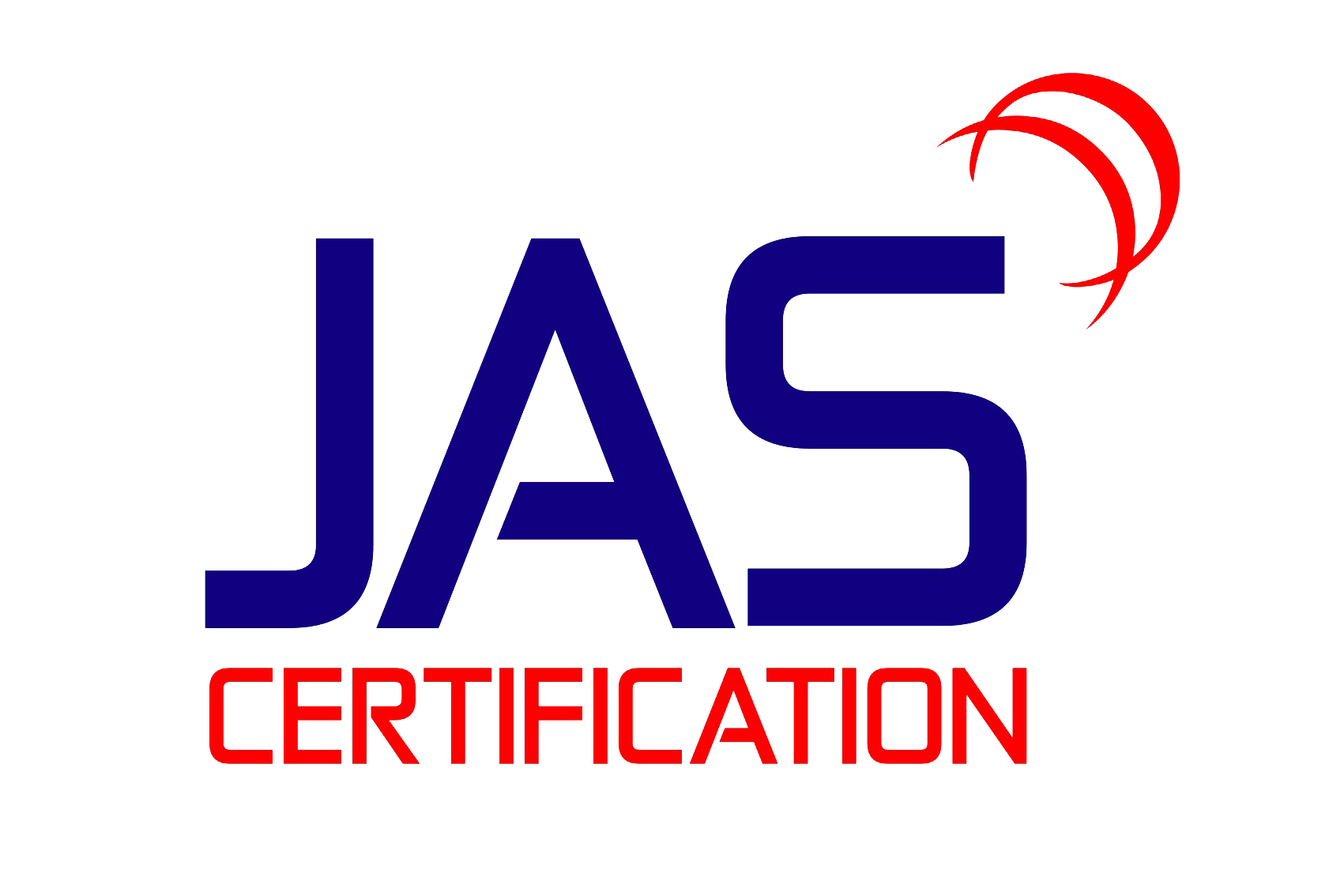What is ISO 22000 standard?
ISO 22000 is the International Food Safety Management Standard. It combines and supplements the core elements of ISO 9001 and HACCP to provide an effective framework for the development, implementation and continual improvement of a Food Safety Management System (FSMS). ISO 22000 aligns with other management systems, such as ISO 9001 and ISO 14001, to enable effective systems integration. The design and implementation of an organisation’s ISMS is influenced by their needs and objectives, security requirements, the processes employed and the size and structure of the organisation. These and their supporting systems are expected to change over time. It is expected that an ISMS implementation will be scaled in accordance with the needs of the organisation.
Benefits of ISO 22000 standard
- Customer satisfaction – through delivery of products that consistently meet customer requirements including quality, safety and legality
- Reduced operating costs – through continual improvement of processes and resulting operational efficiencies
- Improved stakeholder relationships – including staff, customers and suppliers
- Legal compliance – by understanding how statutory and regulatory requirements impact the organization and its customers and testing compliance through internal audits and management reviews
- Improved risk management – through greater consistency and traceability of product
- Proven business credentials – through independent verification against recognized standards
- Ability to win more business – particularly where procurement specifications require certification as a condition to supply
Principles of ISO 22000 standard
The management system of food safety (FSMS) ISO 22000: 2005 is based on 4 elements considered essential by the standard to ensure food safety at all levels of the food chain: Interactive communication, the systemic approach (management system), the prerequisite programs (prerequisite programs) and HACCP principles.
